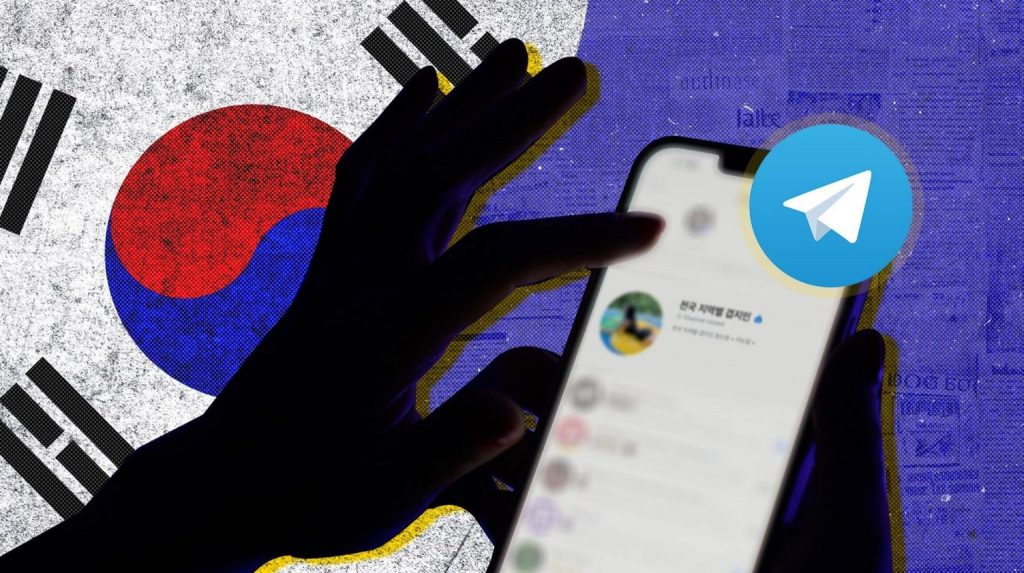Telegram Issues Apology Over Handling of Deepfake Pornography
3 min read

Telegram has issued a formal apology to South Korean authorities for its role in managing deepfake pornography distributed through its messaging platform. This apology follows recent revelations that the app has been used to share sexually explicit content involving manipulated images of young women, sparking widespread concern in South Korea amid an ongoing crisis of digital sex crimes.
The controversy erupted after South Korean police launched an investigation into Telegram, accusing the platform of facilitating the spread of these illicit images. The investigation has intensified following the discovery of numerous Telegram chatrooms, many operated by teenagers, where deepfake pornography was being created and shared.
Authorities have reported that Telegram has since acted to remove the offensive content from its platform. In a statement to South Korea’s Communications Standards Commission (KCSC), Telegram described the situation as “unfortunate” and expressed regret for any misunderstandings. The company confirmed that it had taken down 25 deepfake videos as per KCSC’s request and proposed setting up a dedicated email address for more efficient future communication with the regulator.
The KCSC responded positively to Telegram’s approach, describing it as “very forward-looking” and acknowledging that the company has recognized the gravity of the situation. Deepfakes, which use artificial intelligence to merge real faces with fabricated bodies, have been at the center of this scandal, highlighting the increasing misuse of technology.
The crisis has prompted outrage in South Korea, particularly after it was revealed that police were investigating similar issues at two major universities. In the past five days alone, 118 reports of deepfake videos have been filed, leading to the questioning of seven suspects, including six teenagers.
These chat groups, linked to various schools and universities, have included victims who were students and educators known to the perpetrators. The severity of the situation is underscored by South Korea’s legal framework, which imposes harsh penalties for those convicted of creating sexually explicit deepfakes—up to five years in prison and fines of up to 50 million won ($37,500; £28,300).
The scandal comes in the wake of another high-profile incident involving Telegram. Pavel Durov, the Russian-born founder of the messaging app, was recently arrested in France on allegations of child pornography, drug trafficking, and fraud related to the app. Durov has since been charged in connection with these serious claims.
In response to the surge in digital sex crimes, South Korean President Yoon Suk Yeol has instructed authorities to conduct a thorough investigation and implement measures to combat these offenses. The President’s directive reflects growing pressure on the government to address the issue more aggressively.
Women’s rights activists have criticized South Korean authorities for their handling of sexual abuse cases on Telegram. This criticism follows a 2019 scandal involving a sex ring that used the app to coerce and blackmail women and children into producing pornographic content. The ringleader of that operation, Cho Ju-bin, was sentenced to 42 years in prison for his role in the exploitation.
Telegram’s recent apology and actions reflect a broader effort to address the misuse of its platform in light of these serious issues. However, the ongoing investigations and legal actions highlight the need for continued vigilance and reform to protect individuals from digital exploitation and abuse.